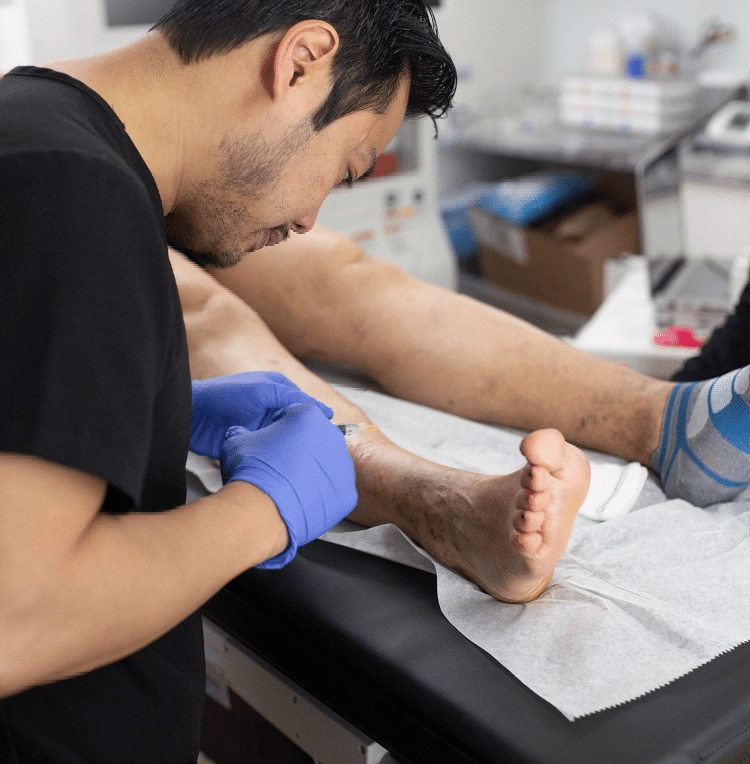Topmost Warning Symptoms You Must Consult A Vascular Surgeon
منشور من طرف Stone Mark
الجسم
Vascular surgery is a speciality area of medicine that focuses on diagnosing and healing disorders involving the blood vessels. These diseases can range in harshness from minor problems to life-threatening situations, so it's vital to know when to seek the direction of a vascular surgeon.
This article will concern the conditions that vascular surgeons treat, alerting arrows that should be taken extremely seriously, and when to see a Vascular Doctor.
Indications That You Might Need to See a Vascular Expert
Been informed that the only choice is amputation
Before your initial meeting, your healthcare professionals can help you obtain pertinent test results and medical documents.
The vascular expert will thoroughly inspect your case and let you know whether further testing is recommended to comprehend your circumstances.
Diabetes
Diabetes is the effect of improper blood sugar regulation. Elevated blood glucose harms arteries and blood vessels over time. Decreased blood flow induces problems because it deprives tissues and organs of nutrition and oxygen.

Walking hurts your legs
Walking a short distance might trigger the onset of leg pain and cramping, a condition known as claudication. Resting eases the pain, which goes away fast when activity is halted. Legs can become bloated, hurt, discolored, and have ulcers or sores.
Chronic venous illness is a common cause of this syndrome. Varicose veins frequently cause chronic venous illness. Varicose veins can develop into chronic venous insufficiency over time, which stops the heart from getting enough blood.
Seeing a vascular specialist early on can aid in diagnosing and treating varicose veins.
Issues with Digestion
Your body needs strong circulation for optimal food digestion and nutrient absorption.
These symptoms suggest that you should see a vascular specialist so they can assess your circulation as a whole.

What Motivates Patients to Visit a Vascular Surgeon?
A vascular surgeon may be conferred or recommended for several reasons:
- Having diabetes, high blood pressure, high cholesterol, smoking, obesity, or a family record of the disorder.
- Sorrow from vascular disorder signs
- Getting a second opinion after being informed that amputation is necessary for a vascular problem.
- Facing a circumstance where revascularization is needed to save a limb, such as crucial limb ischemia or gangrene.
- Experiencing a stroke, burst aneurysm, or blood clot, among other vascular troubles.
Vascular Surgeon
A vascular surgeon has conducted three years of general surgery training, five years of medical school, and three years of technical study in vascular surgery. Vascular surgeons manage perivascular artery disease, varicose veins, deep vein thrombosis, aneurysms, and other circulatory system crises.
Vascular surgeons collaborate with specialists in podiatry, radiology, cardiology, and wound care to maximize patient outcomes.
Conclusion
Vascular surgeons are proficient in analysing and treating all illnesses concerning the circulatory system. It often arrives into mind what the treatment options for varicose veins or what do vein centers do? Vein centers are experts in ministering and diagnosing different venous conditions comprising varicose veins. One should consider consulting a vascular surgeon if they have risk factors like diabetes or symptoms like leg pain with walking. Vascular conditions require specialized expertise. Seeing a vascular surgeon promptly can prevent the progression of disease, disability, and threat of limb loss in some cases.











تعليقات